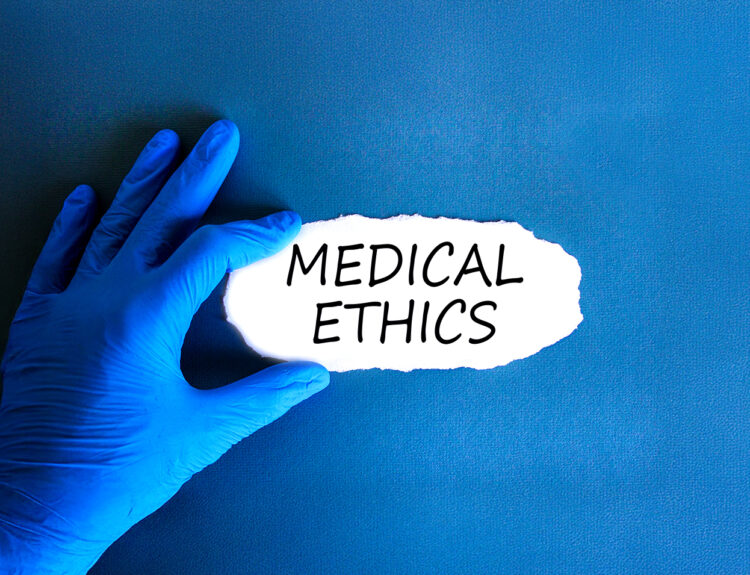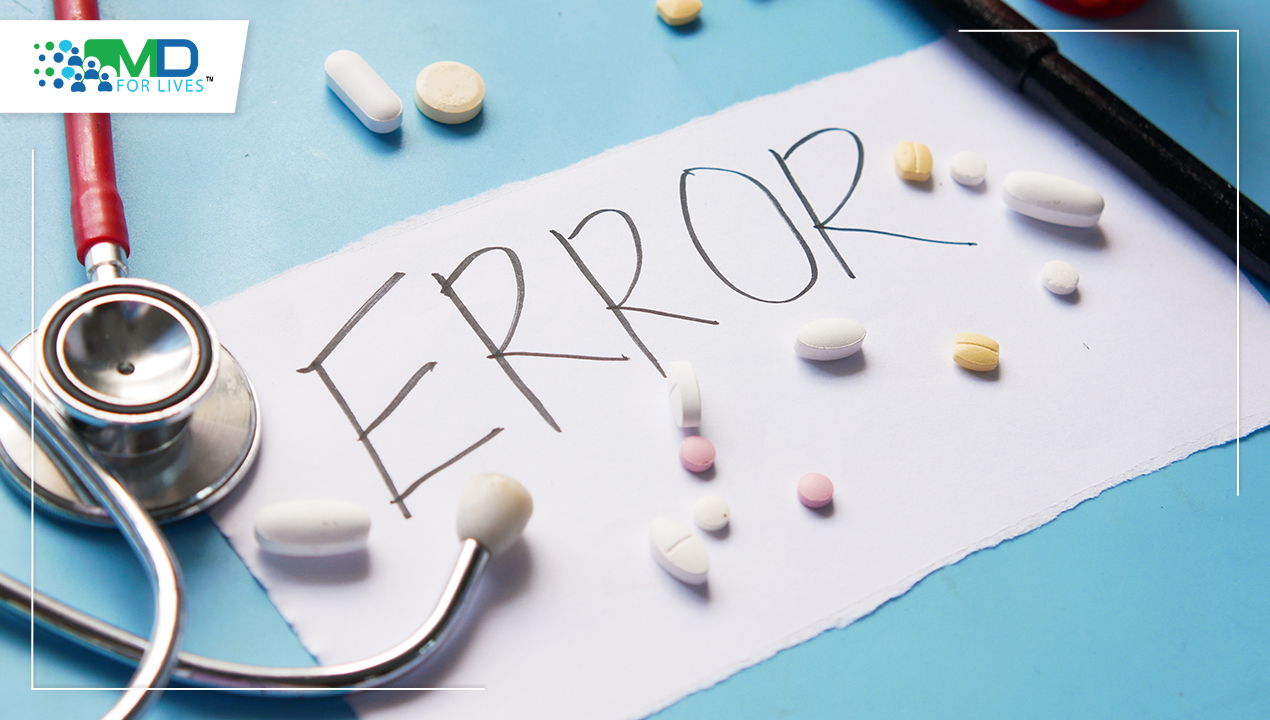Have you ever pondered the role of antibiotics in combating those persistent infections? Antibiotics serve as the stalwart defenders, much like knights in shining armor within the medical sphere, bravely waging war against bacteria and emerging victorious. However, the key to their success isn’t solely in commencing the treatment but in faithfully seeing it through to its conclusion.
Consider this: Embarking on an antibiotic regimen mirrors guiding valiant knights to fulfill their noble quest. Completion is pivotal, much like ensuring these defenders eradicate every last bacterium.
To all readers engaging with this discourse, let us embark on this collective journey – a comprehensive guide crafted explicitly for patients. This guide unveils the secrets behind mastering the antibiotic course, guaranteeing the ultimate triumph over infections!
THE SIGNIFICANCE OF COMPLETING AN ANTIBIOTIC COURSE
As you navigate through your thoughts, a multitude of queries might arise: “What happens if you stop taking antibiotics then start again”, “what happens if antibiotic course is not completed” and more. Amidst this curiosity, we encourage you to maintain composure and delve deeper into the significance that lies within the completion of an antibiotic course.
Incomplete courses of antibiotics can present a formidable challenge as they might leave behind resilient bacteria, akin to leaving a few enemy soldiers on the battlefield. These lingering bacteria, though seemingly diminished, have the potential to rally, leading to the resurgence of infections. Moreover, this incomplete eradication poses a graver threat – a breeding ground for antibiotic resistance. Bacteria that survive a partially completed course can evolve and adapt, becoming more resistant to the very antibiotics designed to eliminate them.

Completing an antibiotic course serves as a fortress against such adversities. It ensures a thorough extermination of the bacterial invaders, leaving no chance for them to regroup and mount a counterattack. This comprehensive approach not only prevents relapses of the current infection but also shields against the emergence of resilient strains.
Remember, in the battle against infections, the full completion of an antibiotic course is akin to securing a decisive victory, safeguarding against the potential threats of recurring infections and the ominous specter of antibiotic resistance.
READ YOUR PRESCRIPTION THOROUGHLY & UNDERSTAND

Upon receiving an antibiotic prescription, it’s imperative to comprehend the prescribed duration and dosage. Consulting your healthcare provider for clarity on the regimen’s specifics and the necessity of adherence sets the foundation for effective treatment.
Seeking clarity on specifics such as – the maximum or minimum course of antibiotics, is more than a routine formality; it’s the foundation upon which successful treatment is built. Your healthcare provider will act as your guide, offering insights into the intricacies of the prescription like:
- Exact duration of the course
- Precise dosage regimen tailored to your condition
- Antibiotics complete course importance
- Diet to follow when you are on antibiotics
ANTIBIOTIC MYTHS – THE SOLE REASON BEHIND NON-ADHERENCE TO TREATMENT
Myths wield significant influence, often steering individuals away from sticking to their prescribed antibiotic regimens. Through this blog, our mission is finishing antibiotics myths, providing more clarity to one and all!
Myth 1: “Antibiotics are a safe bet for any ailment.”
Using antibiotics improperly can pose risks, including allergic reactions and side effects like nausea, vomiting and even potential kidney damage. Disrupting the natural gut flora can trigger Clostridium difficile diarrhea, a severe and potentially life-threatening condition.
Myth 2: “Once I feel improvement, I can stop my prescribed antibiotics.”

Completing the full prescribed antibiotic course is crucial, even if symptoms improve. Incomplete treatment may allow lingering bacteria to cause a recurrence, while also fostering antibiotic-resistant strains that could render the medication ineffective in the future.
Myth 3: “Using leftover antibiotics from others is harmless.”
Taking antibiotics not prescribed for you is risky. Self-medicating makes diagnosing illnesses tougher and distinguishing between symptoms and medication side effects trickier. Prescribing antibiotics aims to minimize unnecessary consequences and provide targeted treatment.
Myth 4: “My irresponsible antibiotic use doesn’t impact others.”
Misusing or overusing antibiotics affects us all by fueling the rise of antibiotic resistance, a global health concern. Prudent use is vital to ensure effective treatment for those at high risk. With limited new antibiotics in development, preserving the effectiveness of existing ones is paramount.
THE SECRET TO SUCCESSFUL ANTIBIOTIC COURSE COMPLETION
Seeking the secret to ensuring you complete your antibiotic regimen? Here are two valuable points worth your attention:
- Manage side effects: This is extremely crucial! Some antibiotics may cause mild to severe side effects. Consulting your physician about managing these effects can significantly aid in maintaining course adherence.
- Stay Informed & Communicate: It is always advisable to stay informed about your treatment. If uncertainties or concerns arise during the course, promptly seek guidance from your physician. Open communication ensures a collaborative effort between patient and provider, fostering better treatment outcomes.
CONCLUSION – CELEBRATE YOUR COMPLETION!
Completing an antibiotic course isn’t merely a task; it’s the cornerstone of effective treatment. It ensures not only your recovery but also helps in preserving antibiotic efficacy for future use. Upon completing the prescribed course, celebrate the victory over the infection! However, bear in mind the importance of not hoarding antibiotics for future use. Always seek professional advice before commencing any antibiotic course or treatment.
To contribute your valuable experiences with past or ongoing treatments, sign up for our paid patient surveys. Your insights play a crucial role in enhancing treatment procedures and aiding physicians in providing better care.
References:
- Why You Should Complete The Antibiotic Course?
Source: pharmeasy.in - A Dose of Facts – Counteracting Common Myths about Antibiotics
Source: cedars-sinai.org

MDForLives is a vibrant community of healthcare professionals and patients dedicated to shaping the future of healthcare. We provide valuable global insights to healthcare companies through online surveys, interviews, and discussion forums.






